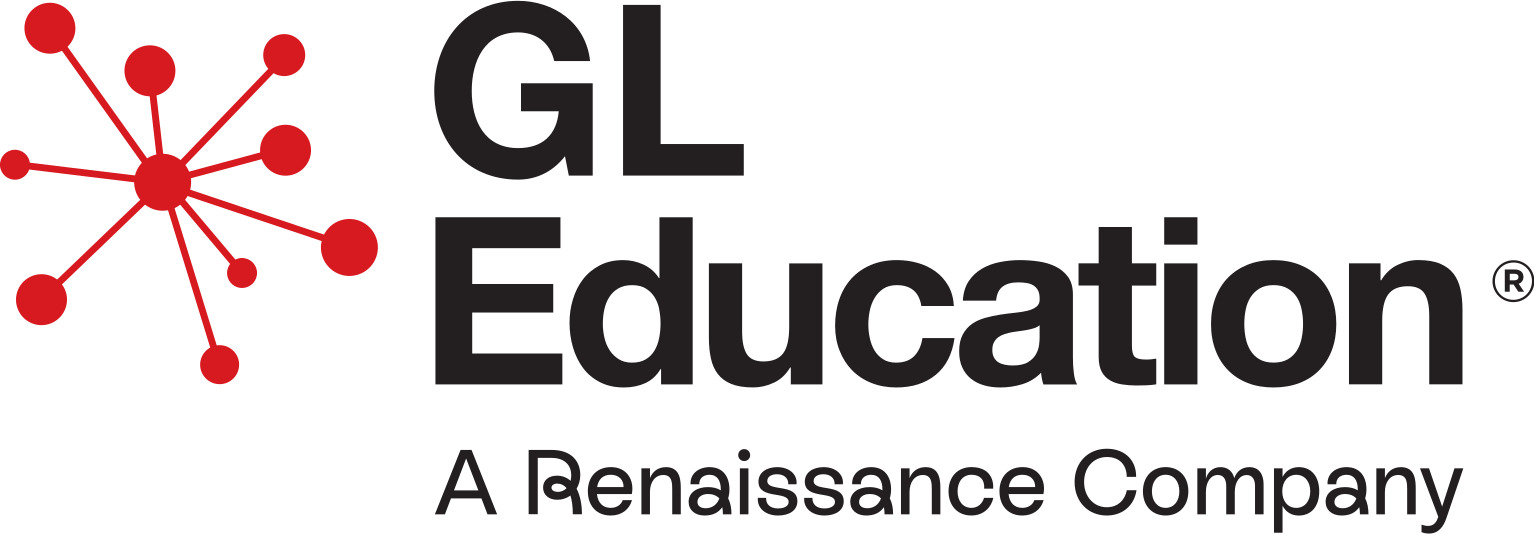PASS Interventions
About PASS Interventions
Our PASS Interventions contain practical advice and solutions to respond to the results provided by PASS. They provide guidance as to how these problems may present in the classroom and an overview of the research underpinning the different approaches suggested.
Each of the 70+ interventions is linked to one of PASS’s nine factors, and provides ideas on how to address any issues identified in your results.
Our PASS Interventions are free to all PASS users and available now through your Testwise homepage. They can be used to tackle behavioural issues, raise attainment, keep track of pupil’s wellbeing, measure community involvement and address attendance issues.
NEW we have launched PASS Interventions: Reconnections, a bank of additional strategies that are specifically designed to build pupil confidence after a prolonged absence from school.
We provide explanations of the feelings that students might be having that would explain their attitude responses, examples of how that might manifest in student behaviour, questions to think about from a whole school, class and individual level and then practical intervention strategies that directly link to those specific issues.
Please see some sample PASS Interventions in our Downloads section.



